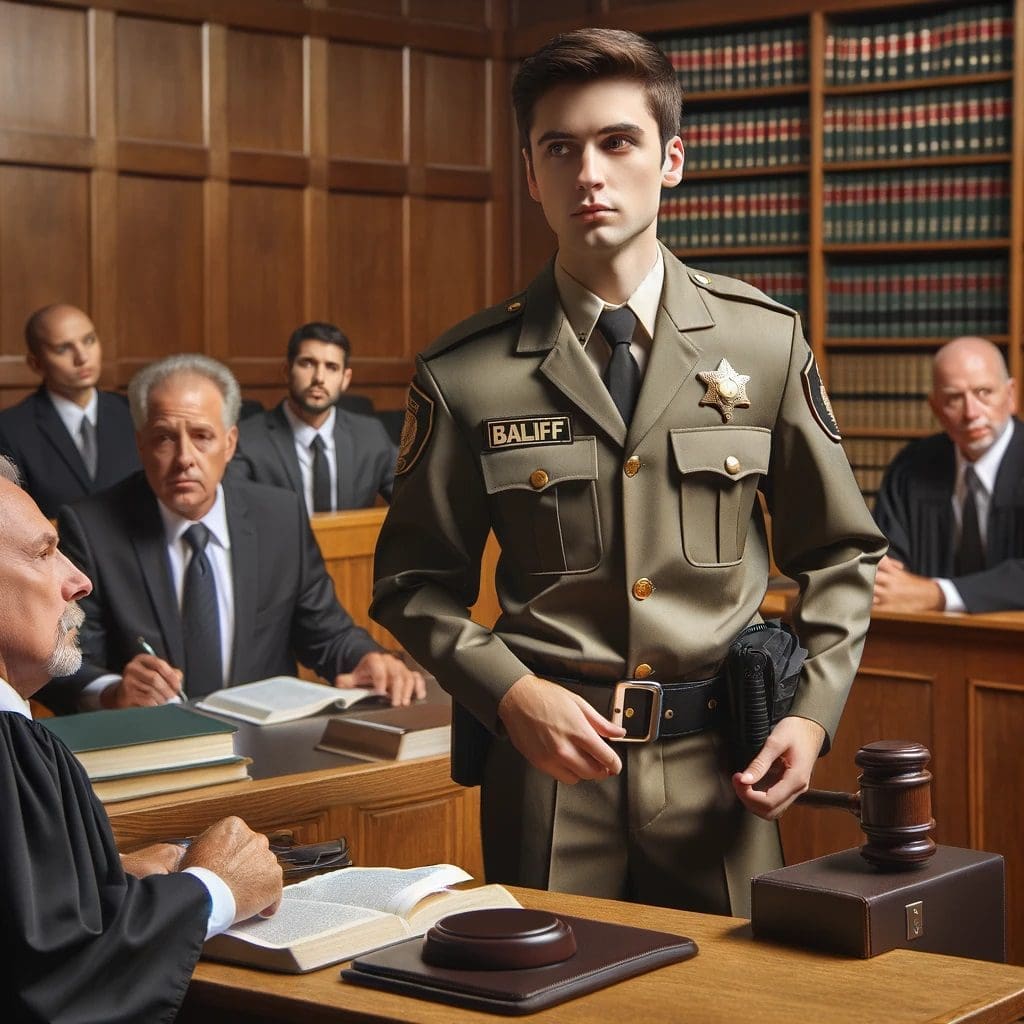Can Bailiffs Arrest People in the Courtroom?
Bailiffs play a pivotal role in the legal system, serving as the cornerstone of courtroom order and security. Their responsibilities are not just limited to maintaining decorum but extend to a range of duties that are critical for the smooth operation of both civil and criminal proceedings. In this detailed exploration, we will delve into […]
Read More
